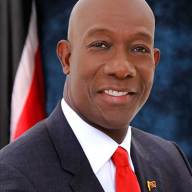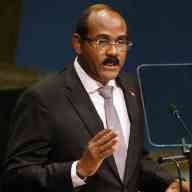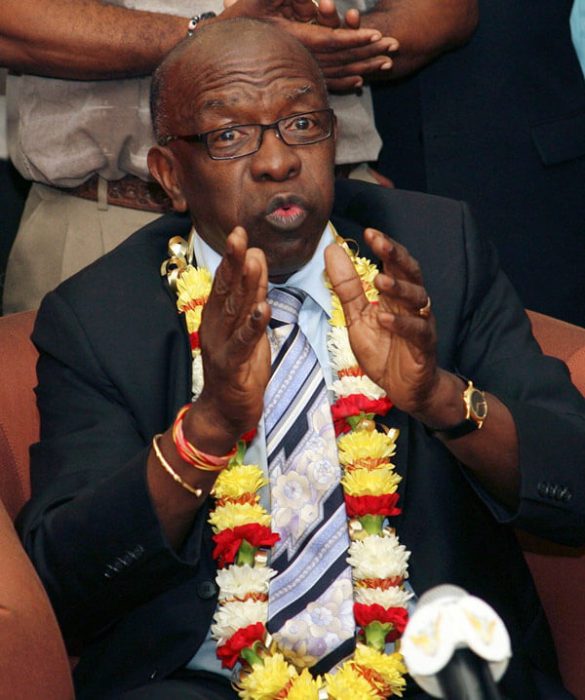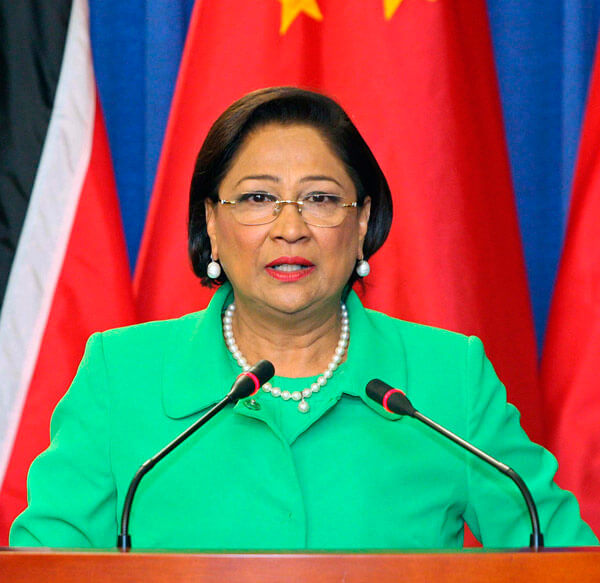A United States federal judge has ordered Google to hand over the secret e-mail records belonging to Trinidad and Tobago Prime Minister Kamla Persad-Bissessar and Attorney General Anand Ramlogan so that the Integrity Commission can unravel claims of criminal conspiracy.
The ruling was made by Justice Williams Orrick in the U.S. District Court in the Northern District of California four days after the Integrity Commission filed a lawsuit against Google to release records from the following two email addresses — anand@gmail.com: anand@tstt and kamlapb1@gmail.com.
According to the judge’s ruling, the prime minister has not confirmed that any of the e-mail addresses belong to her and Ramlogan has denied that he has a Gmail account, but has consented to search his e-mail account, which is controlled by Google.
The judge has granted a two-week window from Aug. 14 to allow Google to challenge his ruling.
In September 2012 Opposition Leader Dr. Keith Rowley read an e-mail in Parliament purporting to be a discussion between the AG Ramlogan, Prime Minister Kamla Persad-Bissessar, National Security Minister Garry Griffith and Works Minister Dr. Suruj Rambachan.
The contents of the e-mail, which bore similar addresses of the names of the politicians, disclosed criminal conspiracy to remove the Director of Public Prosecutions, Roger Gaspard from office by getting the Chief Justice Ivor Archie to appoint him as a judge of the High Court, harm investigative reporter Denyse Renne and the payment of an undisclosed sum to an unnamed person.
The e-mails were exchanged in the midst of the controversial Section 34 scandal, which in effect created a law that would have benefitted two United Congress (UNC) party financiers who were charged with a series of criminal offences relating to the $1.6 billion Piarco Airport Development Project to go free.
Renne’s article in a daily newspaper prompted a public outcry as thousands marched through the streets of Port of Spain to protest against the proclamation of the law, which was eventually repealed during an emergency session of Parliament.


























